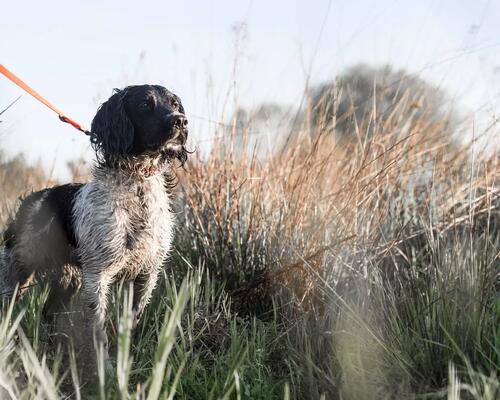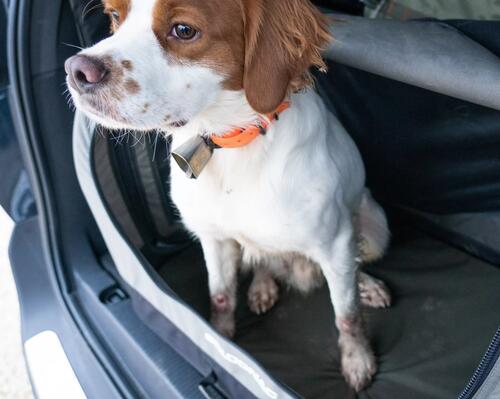Choosing your hunting dog means first of all choosing its breed.
The first choice to make is the breed. Coursing dog, pointing dog, bushwhacker, or retriever? hunters, depending on their type of game, already have to think about what they are going to require from their faithful companion. A small game hunter on the lowlands is more likely to choose a group 7 pointing dog. A big game hunter will be more likely to opt for a group 6 coursing dog, a terrier, or dachshund from groups 3 and 4. Finally, a waterfowl hunter will be able to choose a breed from group 8 of retrievers.










